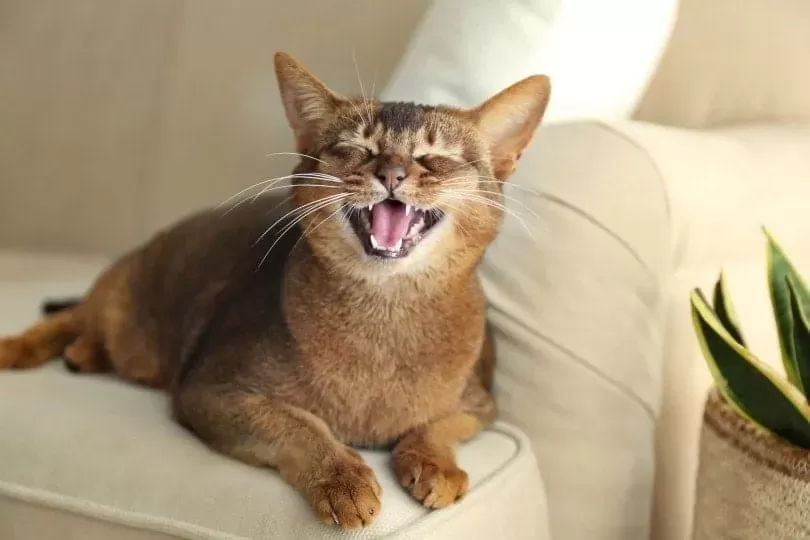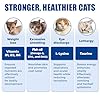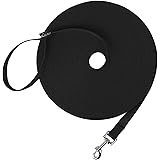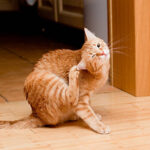Cat meowing is very normal behavior, but excessive meowing can be the exact opposite—puzzling. It is quite important to understand why your cat is being vocal in order to take care of its needs and to develop a good relationship. Why is your cat meowing so much? Let’s look into it in detail.
1. Attention Seeking: Cat meowing mostly occurs when a feline wants attention. If your cat is meowing frequently, then perhaps it could be trying to get your attention. Meowing is used by cats to communicate and say that they want interaction. You should spend a good deal of time playing with and petting your cat in order to fulfill its social needs.
2. Hunger or Thirst: One of the most common reasons cats meow is due to hunger or thirst. If your cat meows around feeding times then it may be reminding you that it is time for a meal. Ensure that your cat’s food and water bowls are always full and consider setting regular feeding times to manage its hunger.
3. Health Issues: Excessive meowing at times may mean health issues. If the meowing of your cat does not stop and is accompanied by other symptoms like behavioral changes or a loss of appetite, it is in pain or it’s suffering from discomfort. Schedule a visit to the vet to rule out any underlying medical conditions.
4. Loneliness: Lonely cats are isolate ones. If your cat is meowing much more while you are away, then it’s a sign of loneliness. Consider enriching your cat’s environment with toys or, if feasible, getting a companion cat that can keep your pet cat company.
5. Stress or anxiety: Excessive meowing in cats can result from stressful situations. Probably, changes in the cat’s environment, such as new furniture or a very noisy house, might be responsible for increased vocalization. Try to provide a stable environment for your cat, with a calm place where it can retreat in a safe space.
6. Ageing: Older cats meow a lot because of mental deterioration or confusion. In case your cat is older, then it may meow more as part of the aging process. Regular check-ups with the vet can help in managing any age-related problems and make the cat comfortable.
7. Medical Conditions: Certain medical conditions can cause increased meowing. For example, hyperthyroidism and high blood pressure are two medical conditions linked to excessive vocalization. So, if you happen to experience sudden meows or unusual meowing, then do visit your vet for a thorough checkup, as it may be due to some underlying medical condition.
8. Breed Characteristics: Some breeds of cats are more vocal than others. For instance, Siamese cats are known to meow a lot. If your cat is of a talkative breed, its meowing could just be the result of its genetics.
9. Reproductive Behavior: Unspayed or unneutered cats tend to meow more during mating seasons. If your cat is not spayed or neutered, then its increased vocalization could be the result of hormonal changes. Spaying or neutering can help reduce these behaviors and prevent unwanted litters.
10. Need to Go Outside: Indoor cats can meow because they want to get outside. If your cat is constantly meowing at the window view, then it may be seeking to go out. Adequate enrichment indoors can give your cat the stimulation and curiosity that it needs, thus reducing meowing.
11. Pain or Discomfort: It can also mean discontentment or pain. If your cat seems to be meowing more than usual and looks distressed, then it may be in physical discomfort. Watch for other signs of pain combined with the meowing and contact your vet if necessary.
12. Boredom: Excessive meowing in cats can be due to boredom. In case your cat is not being stimulated mentally then it may start meowing due to frustration. Keep your cat occupied with some interactive toys and games. This will prevent meowing caused by boredom.
13. Change in Routine: Any big changes in your cat’s routines may lead to excessive meowing. Whether it be your house, your schedule, or the cat’s activities, it may result in excessive meowing. Changes should be very gradual to allow your cat to adjust more smoothly.
14. Affection: They sometimes meow just because they are feeling affectionate. Your cat may show love if it is meowing while cuddling or sitting with you. This kind of meow usually comes along with other solicitation signals like purring and head-butting.
15. Cat Meowing Patterns: You can also understand meowing patterns with your cat to find out what it wants. For instance, if your cat meows more during certain times of the day, such as early morning or late night, then it probably has something to do with its natural activity cycle or daily routine. Patterns in meowing can serve to provide an answer to the cause.
































































